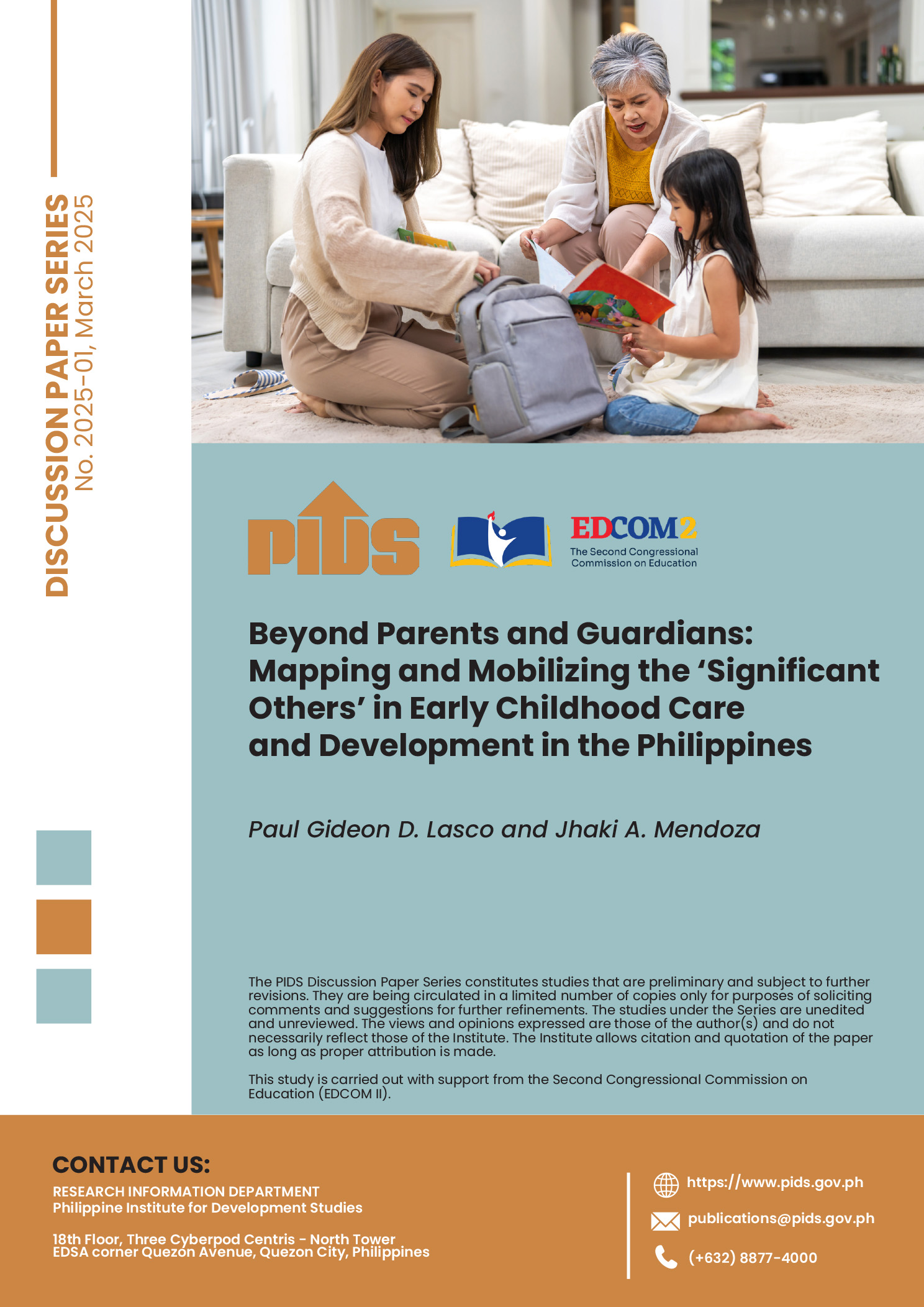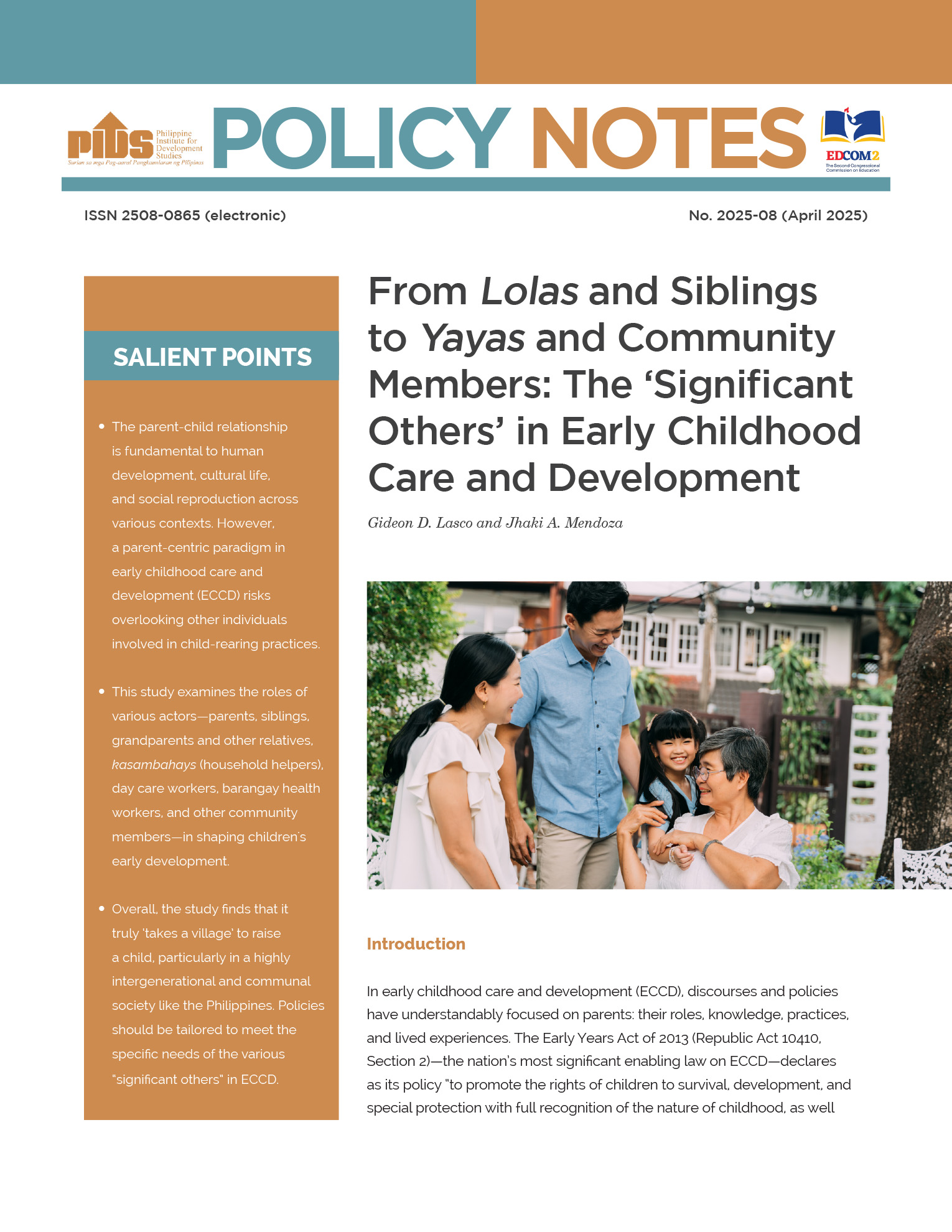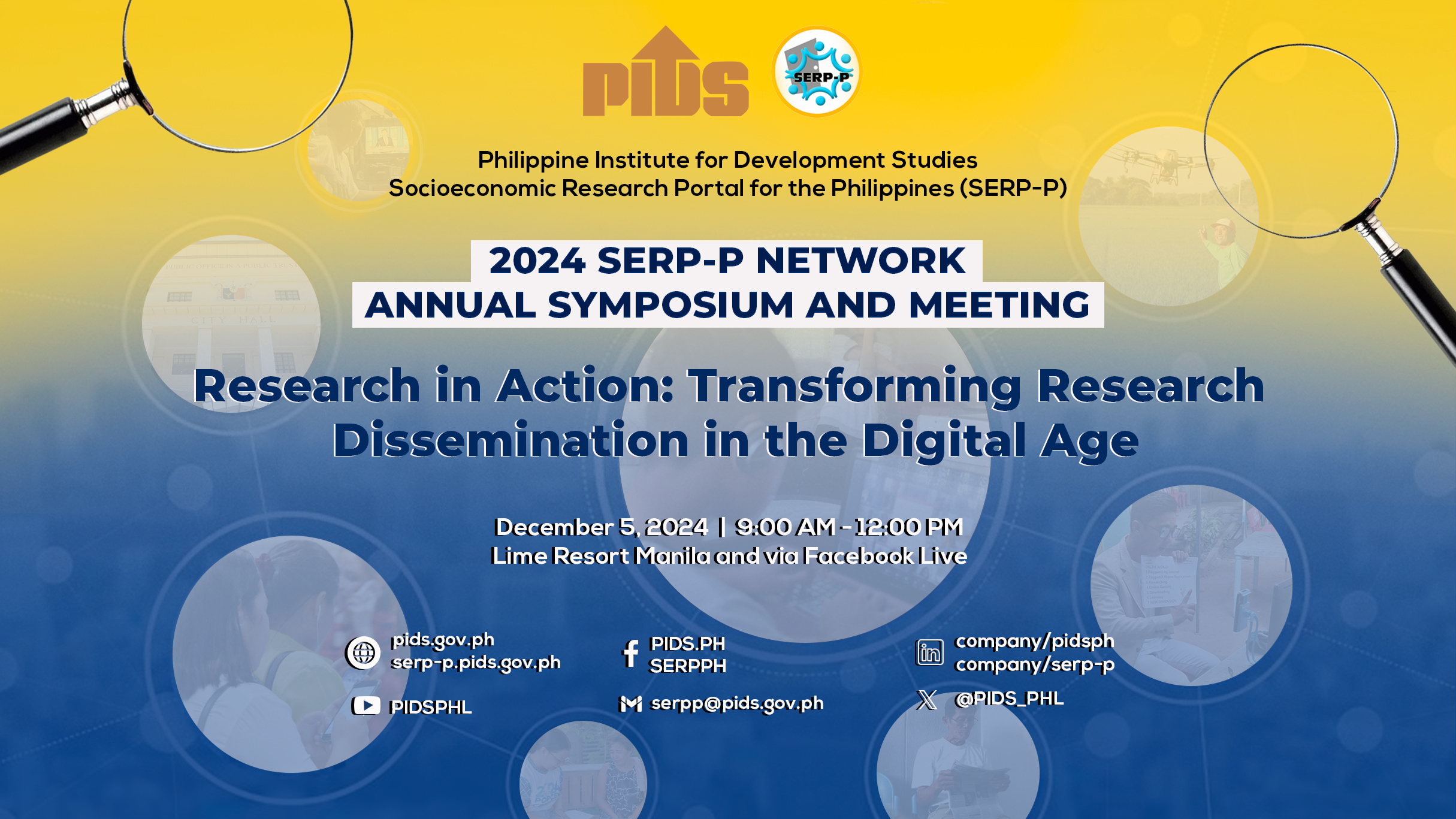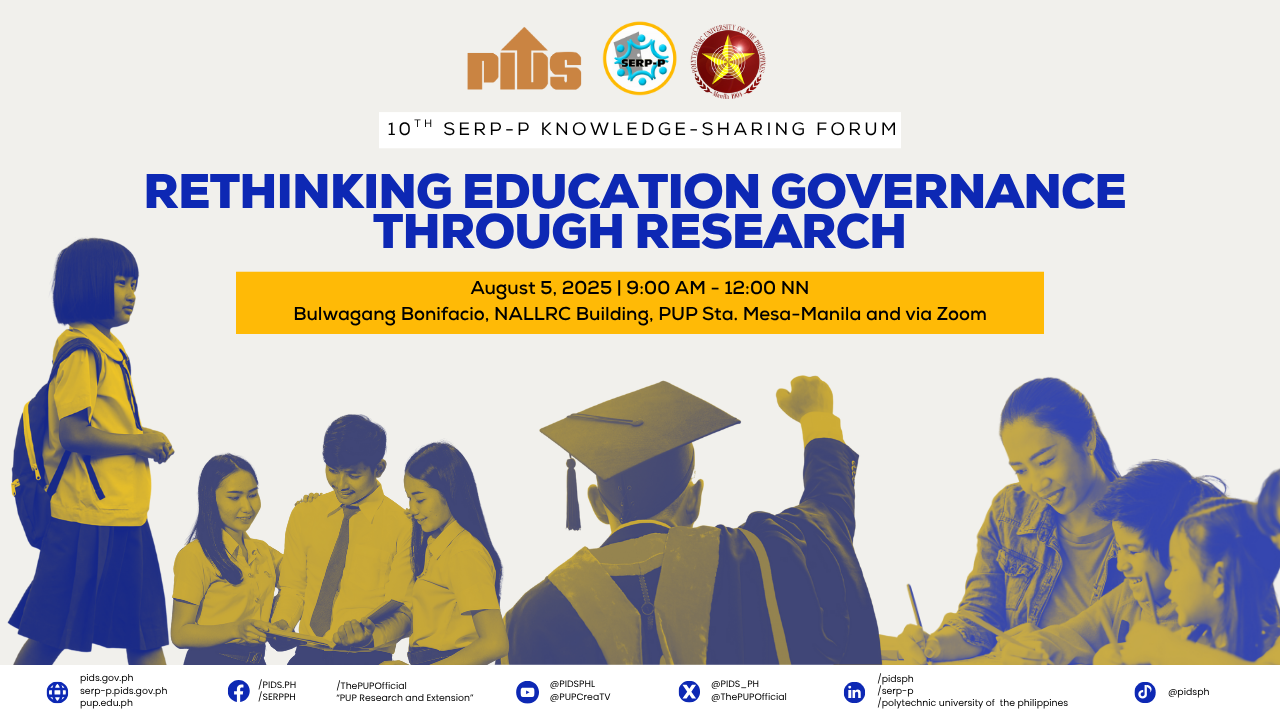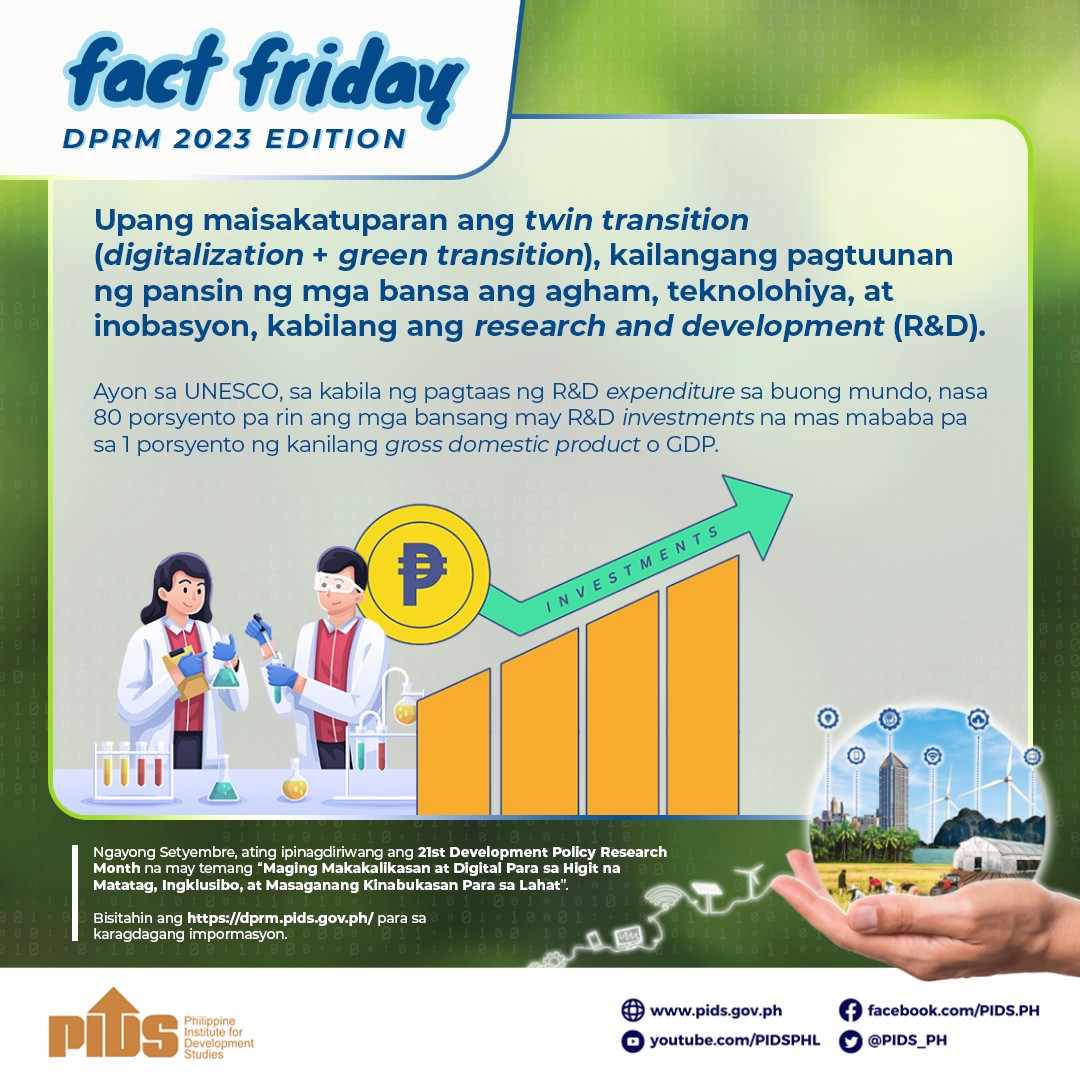MANILA, Philippines — The think tank of the Bangko Sentral ng Pilipinas (BSP) has joined the leading research institutions of member countries of the Association of Southeast Asian Nations (ASEAN) to foster regional cooperation and research toward macroeconomic and financial stability.
The BSP Research Academy, 20 leading research institutions and the ASEAN+3 Macroeconomic Research Office (AMRO) signed a memorandum of cooperation during the recent launching of the ASEAN+3 Finance Think-tank Network (AFTN).
BSP Governor Eli Remolona Jr. said he looks forward to the Philippine central bank’s active participation in the AFTN.
Remolona believes that the AFTN would serve as a venue for information exchange and regional research mobilization.
“Over the past few years, the region has experienced systemic and exogenous shocks of varying forms. These include geopolitical concerns, intensifying effects of climate change and a pandemic. Amidst these challenges, we have thrived because we have worked together to deliver on our mandates. The establishment of the ASEAN+3 Finance Think-tank Network draws from the same spirit,” the BSP chief said.
The BSP Research Academy and the Philippine Institute for Development Studies (PIDS) are the two member research organizations of the AFTN from the Philippines.
Under the agreement, the network members pledge to strengthen cooperation and collaboration in areas of common interest through joint research, dialogues, knowledge exchange and mobilization of regional research resources.
The BSP Research Academy was established in January 2021 to lead the development of a comprehensive and integrated research agenda as well as design and implement research support programs.
It is also mandated to conduct research and facilitate publication of research work; prepare papers, articles, and notes for BSP top management; and facilitate research collaboration within BSP and its partner institutions.
Another task of the BSP Research Academy is to conduct research dissemination activities as well as ensure BSP has presence in the domestic and global research community.

